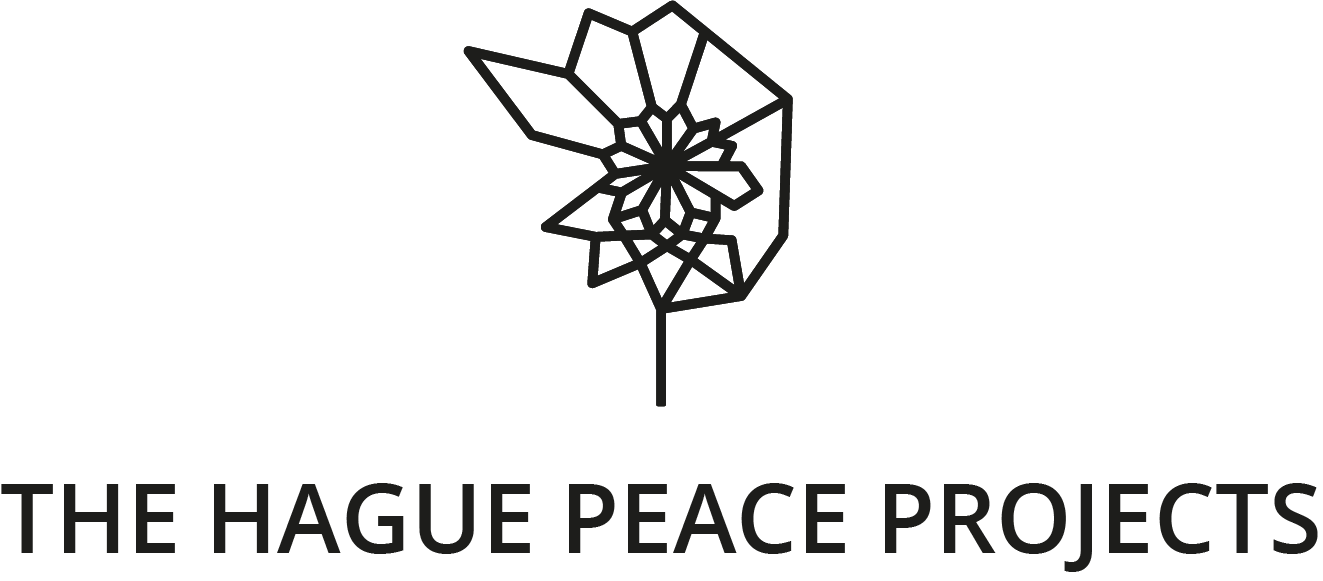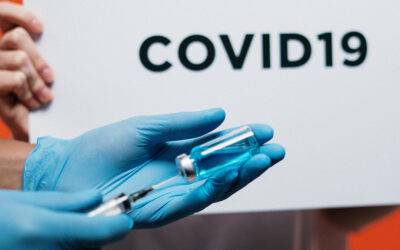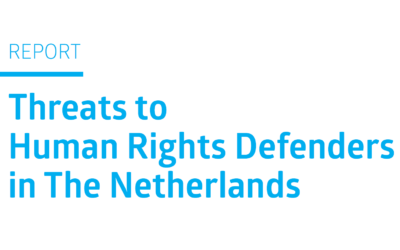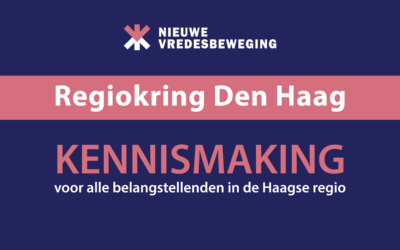Introduction to Intellectual Property Rights
The race to find medical treatment and a vaccine for Covid-19 began two years ago and resulted in the some of the most significant innovations of our time. For pharmaceutical companies, winning this race was important not only from the medical perspective but also a business perspective because, at a time when every other industry was hit badly, the medical industry prevailed. Pharma corporations invest significant time and money into research and development, and consequently are the owners of the resulting technology or intellectual property (IP) which are protected by IP rights like patents, trademarks, and trade secrets obtained through their IP system for a fixed number of years. These exclusive IP rights prevent others from copying their technology and manufacturing or selling the same product or service which might in turn undercut their profit. This practice is common to all industries and is not just legal, but also necessary to maintain the balance between innovation and economic incentive, by encouraging healthy competition for a flourishing economy. IP rights are typically domestic rights, so corporations obtain them in each market or country in which they wish to trade the product. The Patent Cooperation Treaty is the only means through which patent protection can be obtained in 155 countries through a single filing for up to 20 years.

Although western nations have well-established IP systems, most developing countries have nascent IP systems in comparison and there is no universal mechanism to safeguard IP rights. This lack of universal jurisdiction makes it hard not only to maintain but also to relinquish IP rights. And although common international law obligates that public health come before profits, the lack of universal accountability and equity on occasion cause IP rights and human rights to clash. There is no better example of this conflict that that witnessed during the Covid pandemic. We have all seen the WHO and UN leaders urging the wealthy nations to waive their IP rights during the covid pandemic, so that people of poorer nations may have affordable access to drugs, vaccines, and medical treatments, but these calls have faced considerable pushback and criticism. The situation thus begs the question, “Do Intellectual Property rights Trump Human Rights?”
The work done by Médecins Sans Frontières (Doctors without Borders) on the IP dilemma within the health sector cannot be overstated. This document attempts to shed some light on this very human rights issue using but not limited to the information contained in their technical briefs.
World Trade Organization and IP Rights
The World Trade Organization (WTO) established in 1995 and born out of the 1947 GATT is an intergovernmental organization that lays down the rules of trade between its current 164 member countries. One aspect of trade is the handling of Patents, Copyrights and Trademarks which are classified as intellectual property rights. The Trade-Related Aspects Intellectual Property Rights (TRIPS 1995) is an agreement among WTO members which contains the rules of engagement for IP rights of the goods and services exchanged internationally. Although TRIPS was intended to be an unbiased platform for IP exchange, due to the large disparity in domestic IP policies among WTO members and the absence of a universal IP jurisdiction, the wealthy nations created “minimum standards of protection” so that at the very least the IP rights of their own goods and services were not infringed when trading with developing nations. Over time, countries wishing to freely conduct international trade could only do so by joining the WTO which in turn required them to guarantee IP protection for foreign goods and services. The very foundation of TRIPS and the way it has been wielded, has historically been criticized as a form of neo-colonialism through which western nations continue to exert control over the technology and economy of developing countries. Nonetheless, IP safeguards have time and again been justified by corporations of high-income countries as essential to fostering innovation, protecting their significant financial investments into research, and have therefore come to stay.
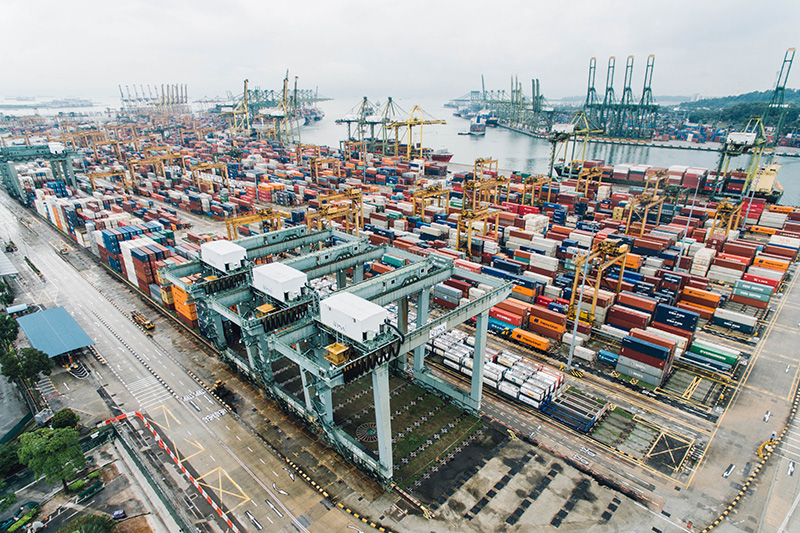
It is worthwhile to mention here that although the WTO comprises the neutral Dispute Settlement Body (DSB) which is a platform for members to bring forth their trade complaints against other members, this component of the WTO is not currently functional due to USA not endorsing the judges of the Appellate Body (WTO AB). With the dispute settlement mechanism of the WTO being disabled, poor countries have nowhere to bring their grievances.
Compulsory Licensing in Healthcare
Despite its predominant western predilection, the TRIPS agreement comprises some flexibilities which can be invoked on public health grounds. Article 31bis allows countries to dispense with IP rights and manufacture locally or import generic versions of medical product without the consent of the patent holder during a public health crisis. Compulsory licensing has in the past been a key weapon to combat diseases like HIV/AIDS in Africa and Hepatitis C in Malaysia. Many governments have subsequently enacted domestic patent laws that include this TRIPS exception to enable swift response to health crises.

But although compulsory licenses in healthcare have been used more than a 100 times in the past, developing countries have on occasion been deterred from doing so due to “political and trade pressures” from their trade partners. The US Trade Representative has on occasion threatened sanctions and the European Commission has issued warnings to some countries that invoked compulsory licensing on domestic health grounds. And the fact that compulsory licenses are issued predominantly for domestic use (Article 31(f) TRIPS) makes them irrelevant to countries without intrinsic manufacturing capabilities. They are tedious if exports are involved due to multi-jurisdictional challenges and can cause unnecessary delays in times of urgent need. Therefore, other approaches to circumvent IP laws in times of need like the current covid-19 pandemic need to be investigated.
Impact of Intellectual Property Rights on Covid-19 Pandemic
Médecins Sans Frontières (MSF) has been at the forefront of every public health challenged faced by our planet in recent years. MSF has always emphasized that the impediment to delivering timely, life-saving affordable medical care for diseases like Aids, Malaria, Tuberculosis and Hepatitis in poor nations has been the monopoly IP rights of the pharmaceutical corporations of wealthy nations.
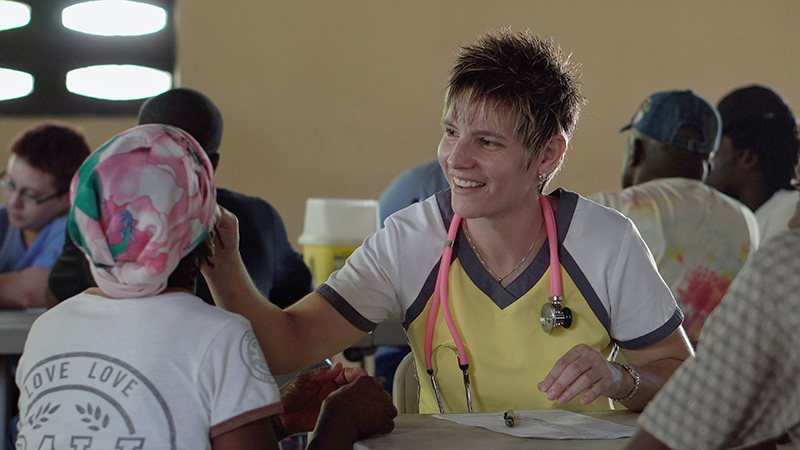
The Covid-19 pandemic has been no different, with countries like Russia, Israel and Hungary invoking the compulsory licensing clause of TRIPS with varied success. The creation of the Medicines Patent Pool in 2010 by Unitaid an arm of the WHO, was to increase access to medicine in low and middle-income countries by negotiating voluntary licenses with patent holders. This project was in the past successful in combating Hepatitis, Tuberculosis and HIV and has also been instrumental in treating and reducing the number of hospitalizations and death due to covid-19 through a similar agreement with Pfizer. Companies like J&J and Moderna have also approved patent waivers to smaller manufacturers for exporting low cost vaccines to poorer nations. But a limited number of patent waivers on vaccines and drugs given to a handful of manufacturers without the technology know-how and the processing details are insufficient to meet the growing demand.
Affordable access to vaccines and life-saving drugs and medical equipment to treat the corona virus disease properly is still out of reach for many poor nations. To properly prevent, treat and contain the corona virus disease, access from A to Z of the covid medical care above and beyond vaccines is required.
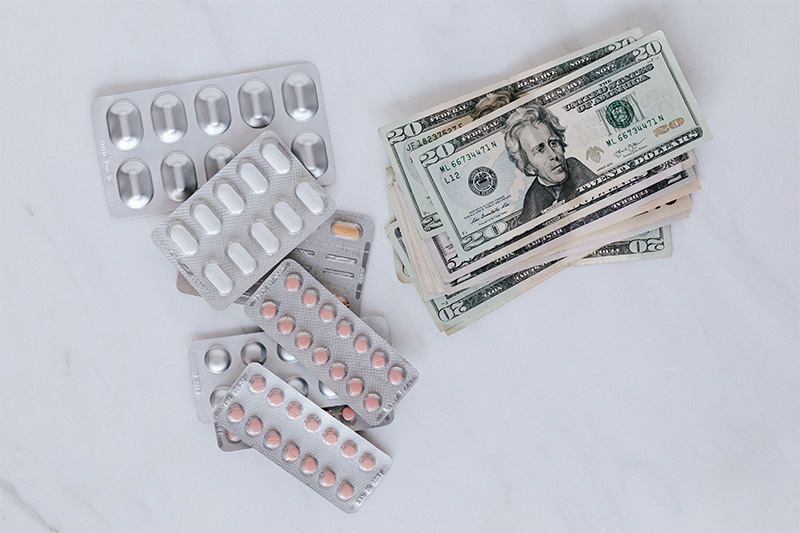
This is exactly the reason why the landmark TRIPS Covid Waiver (IP/C/W/669/Rev.1) proposed by India and South Africa at the WTO in 2020 is vital. This waiver tackles issues beyond compulsory licensing and patent waivers to provide developing countries with unhindered affordable access not only to Covid-19 vaccines but to all medical tools related to covid-19 for the next 5 years. Although more than 100 countries have backed this waiver, it is yet to be passed. The European Commission had rightfully warned that a handful of pharmaceutical companies from high-income countries were going to prevent other manufacturers from producing covid-19 vaccines which in turn would reduce global vaccine production as we have witnessed.
Conclusion
Despite having 65 co-sponsors to the TRIPS Covid-19 waiver, yet another meeting held at the council of TRIPS in December 2021 could not bring consensus. Fundamental differences among members regarding the temporary waiver of IP rights on technology to prevent, treat and contain the corona virus have failed to result in a positive outcome. Although there may be many reasons behind the failure to adopt this universal measure, the stark truth that IP rights have come to be more important than the right to human life is evident!
In addition, vaccine hoarding by some wealthy countries have caused countless deaths in poor countries who are only now receiving vaccines after months of waiting. The lack of universal vaccine coverage has impeded the efforts to eliminate the virus from our planet by curtailing infections and has become a danger to both rich and poor nations alike.
A combination of a monopolised medical care, aggressive exercise of IP rights and vaccine hoarding by wealthy nations has caused immeasurable damage to the health situation of countries that heavily rely on them. If there is one thing that poor nations must take away from this pandemic, it is that they need to develop their intrinsic technology particularly in the healthcare sector fast before the next pandemic strikes. They need to do so by negotiating training and technology transfer agreements with wealthy nations which are practical and equitable.
More than 4 million people have lost their lives to the pandemic since the time that the TRIPS Covid-19 waiver was proposed in 2020. Whether it is through the approval of this waiver or through another means, we must find an equitable solution to get out of the pandemic with the minimum collateral damage.
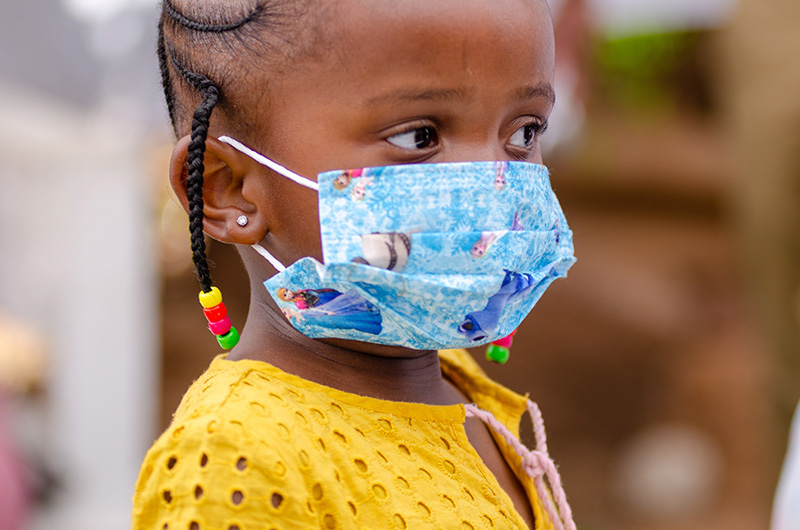
“The overall objective of the WTO is to help its members use trade as a means to raise living standards, create jobs and improve people’s lives”
And one of the primary goals of Global Health Law is to balance economic and social rights, keeping in mind every human beings’ “Right to Health”.
These international principles must surely remind the high-income nations of their responsibility. Although efforts by wealthy nations such as the United Nation’s equitable vaccine scheme have started to gain momentum and save lives, and the “Aid for Trade” initiative are intended to kick-start economic recovery in poor nations, they need to be further supplemented with IP waivers for unhindered medical access. And though it is undeniable that the pharmaceutical corporations of high-income countries have been our saviours in this pandemic, the business of healthcare must not be blind to its moral obligations.
The need of the hour is a global unified response to covid pandemic that removes all Intellectual Property barriers and delivers an “Agreement for the prevention, containment and treatment of COVID-19”.
And for the future, the international community must reform unfair and unjust trade policies and IP norms so as to establish health equity as the world’s primary goal and pledge to never again allow IP rights to obstruct the fundamental human right to life!
By Harini Varadarajan
